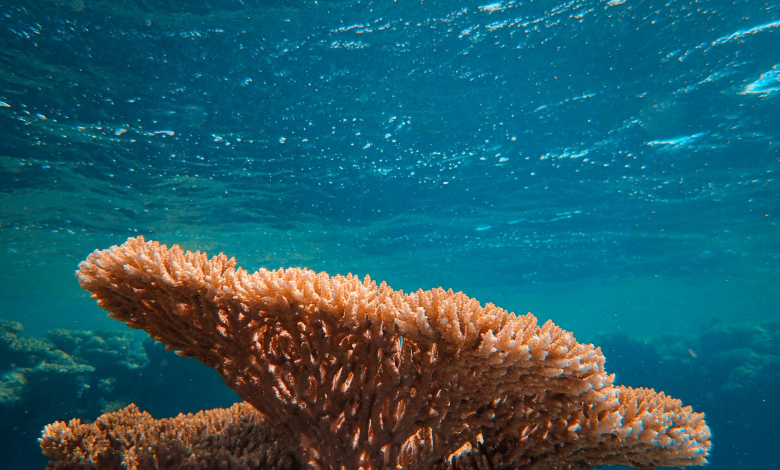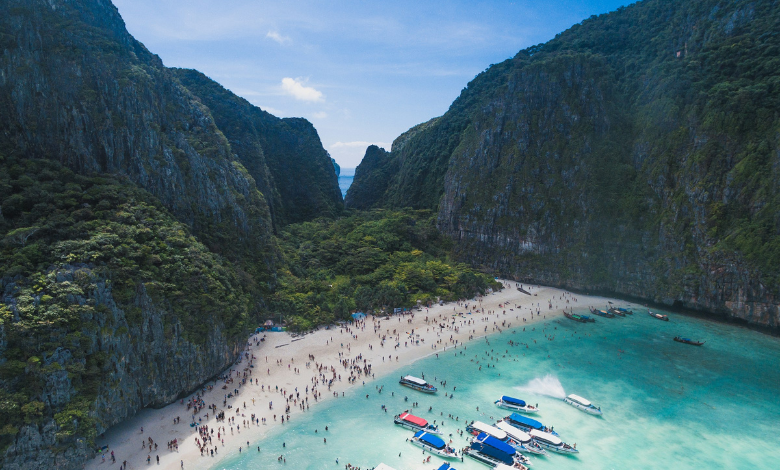Your guide to simple lifestyle changes to protect coral reefs

Thailand has taken another major action to protect its fragile coral reefs. It closed the prominent Maya Bay in 2018 – open to the public in 2024 – and recently decided to close Koh Pling island off the coast of Phuket over mass coral bleaching.
The pristine tropical paradise is a popular tourist destination among global travellers. Visitors love the place for its lush greenery and clear blue waters. They often take leisurely walks along its sandy beaches or scuba dive and snorkel to take in its marine life.
In today’s era of climate change, events like coral bleaching are no longer rare. They occur when stressed corals remove the algae living within them – a phenomenon majorly triggered by elevated ocean temperatures and increased ultraviolet radiation.

Lifestyle changes to protect coral reefs
Remember, no matter your location – it can be near the coast or hundreds of miles away – there are several things you can do on an individual basis or collectively to keep the fragile coral reefs healthy. Here is a reliable guide for you.
1. Practice responsible diving
It has become more important than ever to practice safe and responsible diving and snorkeling. Avoid touching coral reefs or anchoring your boat on the reef.
2. Is your sunscreen safe?
Some ingredients in sunscreen are capable of even killing corals. Find safer choices. Better yet, cut down on sunscreen use and put on long-sleeved shirt or rash guard.
3. Dispose of trash properly
Marine debris can be immensely harmful to coral reefs. Remember the three R’s (reduce, reuse and recycle). Dispose of trash properly in bins. Make sure you leave no trash behind on beaches.
4. Reduce use of fertilisers
The overuse of fertilisers harm water quality because nitrogen and phosphorus in them eventually end up in oceans and can harm coral reefs.
5. Use better modes of transportation
Instead of driving a gas car or an electric one running on fossil fuel-derived power, try to walk, bike or use public transport like buses and trains more often.
6. Save energy
Be if at home or in the office, try to save energy as often as possible. You can turn off lights and electronic devices when not using them and opt for energy-efficient appliances.
7. Educate your community
Basically, learn more about coral reefs and spread the word. Besides passing on the information, you can also contact your local representatives to see what your state is doing.



